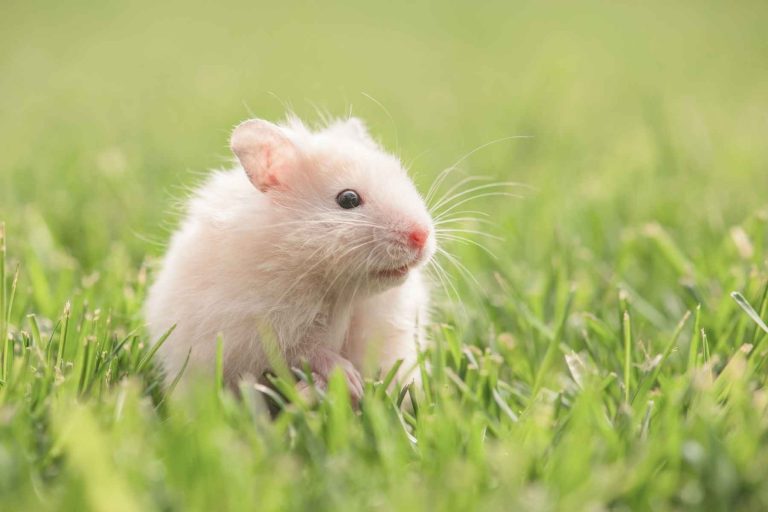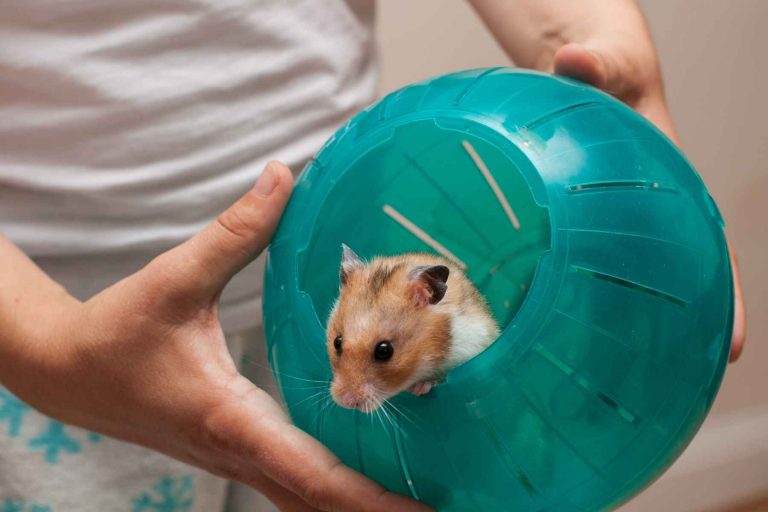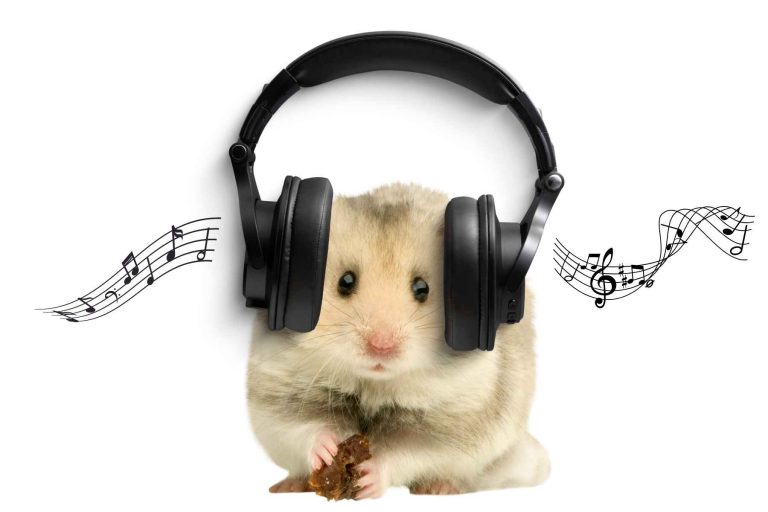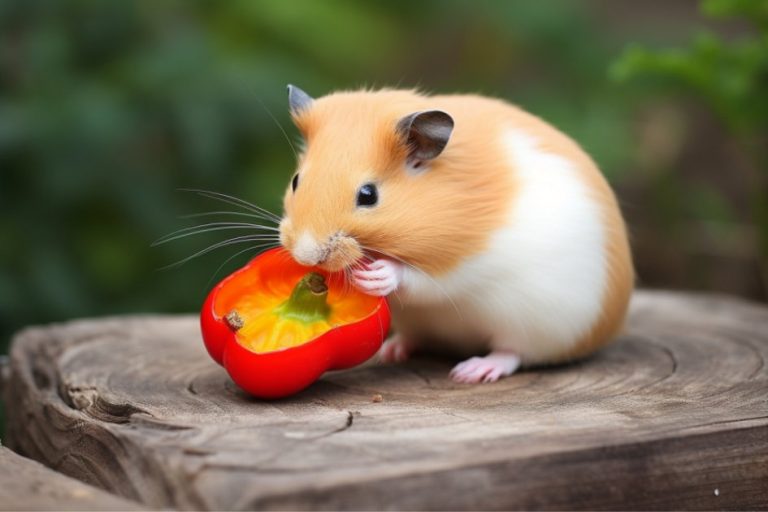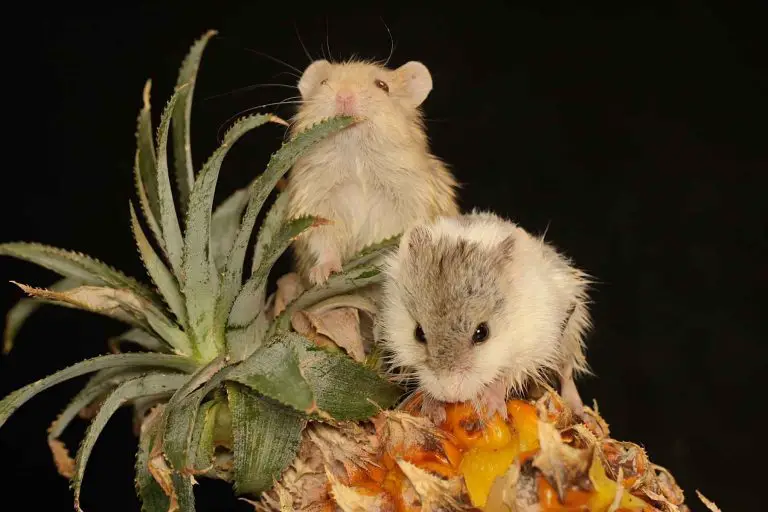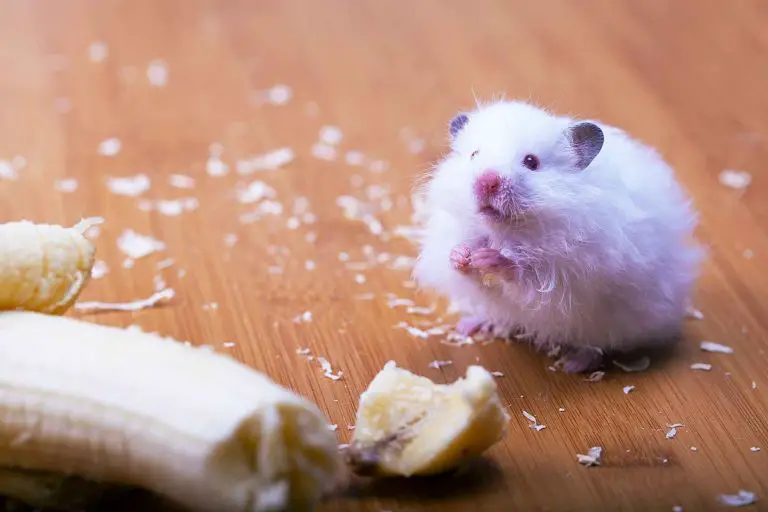How Long Do Hamsters Live?
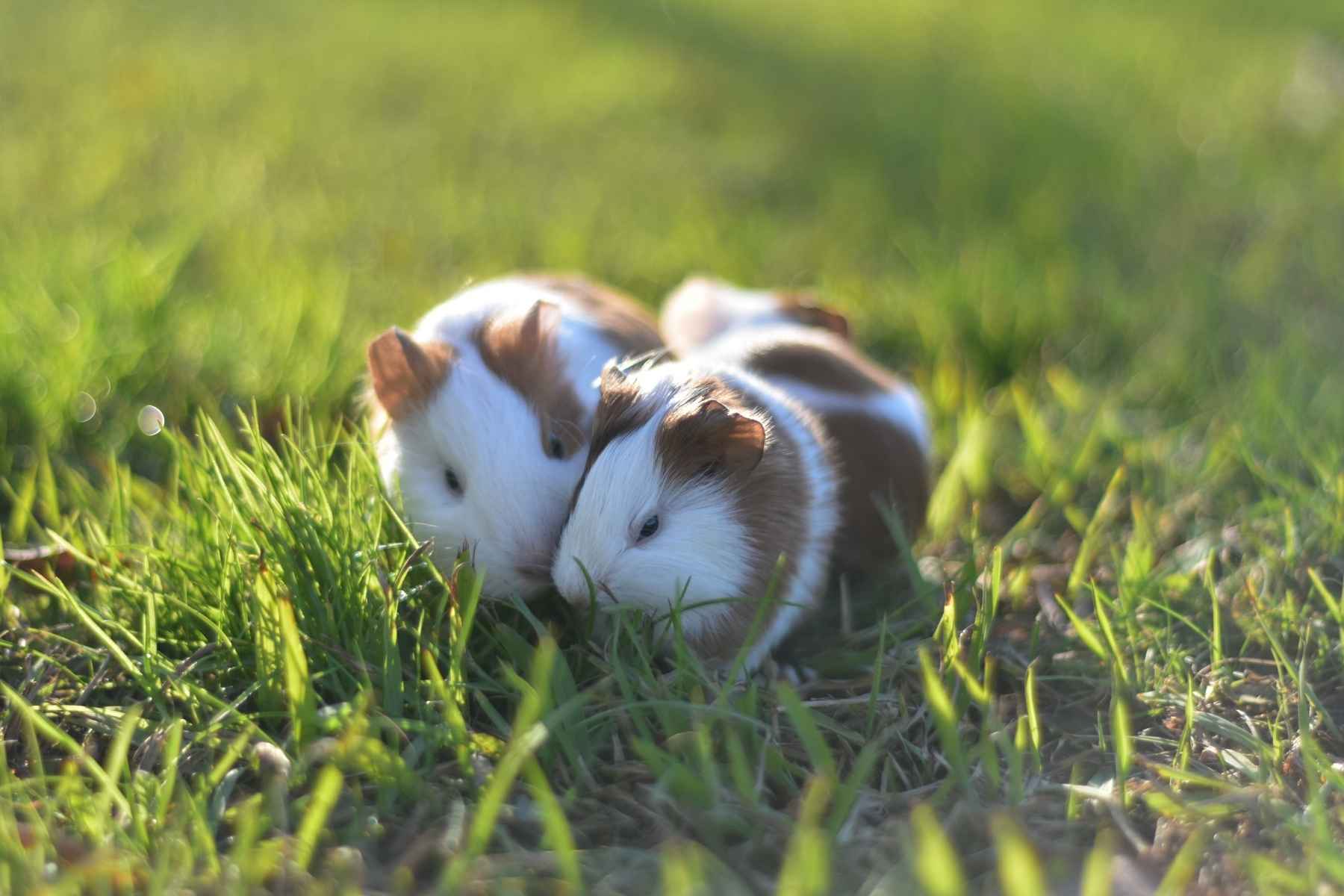
Hamsters make wonderful pets for children. I think we have all had one ourselves or knew someone who did. They are relatively low maintenance and easy to handle.
If you consider getting a hamster, you may be wondering how long you can expect her to live?
As long as they are being properly cared for, most hamsters live from about a year to a little over three years, depending on the breed.
Several factors will come into play when it comes to a hamster’s longevity, such as diet, exercise, living space, and stressors.
The following article will talk about what you can expect when you own a hamster in terms of longevity and things you can do to ensure a happy life for your new pet.
Some History Behind the Hamster
Hamsters were used scientifically starting back in the 1840s, but it wasn’t until almost one hundred years later that they were domesticated in Jerusalem. The original breed of hamster, the Syrian Hamster, has become a regular pet for children worldwide.
Today, there are around twenty species of hamsters, with the Syrian (often called Golden) Hamster and the Dwarf Hamster being the most popular.
How Long Do Pet Hamsters Live?
Depending on the breed, you can expect your pet hamster to live up to three years. A pet hamster will live much longer than a wild hamster as they are protected from disease and predators.
The Dwarf Hamster usually only lives between 18 months and two years. Russian Drawf hamsters can live even less, at between 16 months and two years. Chinese Dwarf Hamsters can live up to three years.
The Syrian Hamster will live about two to three years, with the male usually living longer than the female.
What is the Life Cycle of a Hamster?
Like humans, hamsters are born entirely dependent on their parents for care and food.
You can expect between four and twelve hamsters in a litter, and the babies will be a pale pink color until they are a few days old.
At around two weeks, they will begin to open their eyes and can be weaned from mom at around four weeks.
Hamsters are usually sexually mature at eight weeks old.
How Will I Know My Hamster is Getting Old?
- Less Active
- Less interest in treats and food
- Thinning hair
- Trouble eating her food
As hamsters age, usually, at around 15 months, their activity level will slow. You may notice this because your pet hamster may not be as active on her wheel.
She may not take as much interest in those yummy treats she used to love so much, and her food intake may become inconsistent.
Often a hamster’s hair will begin to thin out, and you may notice that she has more trouble eating her food.
What Are Some Things That Can Affect How Long My Hamster Lives?
Several things, from genes to diet to their environment, can affect a hamster’s lifestyle.
Mom
Sadly some newborn hamsters won’t make it much past a few days, as female hamsters are known to eat their young.
This is usually caused by excessive stress in the new mother and is more often seen in very young hamster mothers. So, if you have a pregnant or new mom hamster, give her as much peace and quiet as you can.
Diet
What your hamster eats can affect her lifespan. A good quality hamster food with a mixture of different seeds formulated to meet their needs works best. You can also give them small pieces of fruits and vegetables, such as greens or apples.
Hamsters should be getting almost 20 percent of their fat intake from things like peanuts or sunflower seeds. She can get her omega 3s from grains, fruits, and veggies.
Habitat
Your hamster’s home will affect their longevity as well. Your hamster will need a dry and comfortable enclosure where it can get plenty of rest.
You want to keep the enclosure dry and free from any drafts. She should have appropriate bedding and nesting material. Wood shavings usually work great.
Because they like to burrow, her enclosure should allow her to do so and to build nests. They also love having places to hide, such as tubes or hides.
A hamster will do best with a regular sleep schedule, but remember, they are nocturnal!
Good Daily Habits
Instituting good cleaning habits will help your hamster live her best life. The area that she uses as a toilet should be cleaned daily and replaced with dry material.
Their water and food should be changed daily. Weekly, you will want to empty the entire enclose, clean it and refill it with fresh bedding.
What Can I Do to Increase My Hamster’s Lifespan?
Along with a healthy diet and clean living area, you can do a few other things to add a few months (or years) to your hamster’s life.
A Low-Stress Environment
Most hamsters enjoy a not stressful environment where they aren’t disturbed too much.
This is almost ironic as most hamsters seem to find themselves adopted by children, who can be loud and more prone to take the hamster out of its enclosure.
Don’t House Them Together
Hamsters are solitary critters and do not like to share their enclosure with anyone else. This easily leads to them becoming very stressed out, aggressive, and more susceptible to illness.
Exercise
Providing plenty of exercise for your hamster will help them live longer. A must-have in hamster cages is a hamster wheel. The hamster wheel turns as the hamster steps inside, causing her to run as she would if she were on a treadmill.
Hamster balls are another grew way to give her some exercise. These are safe and fun to watch.
Also, give your hamster plenty of tunnels to climb through in their enclosure.
See A Veterinarian
Most people don’t think it’s necessary to bring your hamster to the vet for a check-up, but there is nothing wrong with getting her a wellness check to ensure everything is in order.
Be Respectful of Their Sleep Pattern
Hamsters are nocturnal, and it’s best not to disrupt their circadian rhythm. This rhythm regulates her biological processes, like hibernation and reproduction.
Most hamsters are active in the early evening hours and at dawn, so if you can avoid taking them out during the day, it would be best for them.
How Do Hamsters Die?
Most animals don’t die without a good reason, even if it’s not apparent to us. Here are some reasons your hamster may have passed away, besides old age.
Genetics
Hybrid hamsters or those born in pet mills are more likely to die prematurely. If they have parents with a predisposition to disease, a hamster will have a low birth immunity or shortened life.
Disease or Infection
Hamsters are prone to disease and infection, just like any other pet. Conditions like Wet Tail, a disease caused by a parasite, congestive heart failure, or even a cancerous cyst, can shorten a hamster’s life. Hamsters are also prone to pneumonia and pulmonary problems.
Poor Diet
A hamster’s diet should be a top priority. She can not live on pellets alone. Hamsters need seeds, veggies, fruits, and proteins.
Poorly fed hamsters will suffer from malnutrition and may stop eating altogether. Digestive problems can become deadly or lead to obesity or diabetes.
House Hold Accidents
Because hamsters are so tiny, they are subject to accidents in and around the house. If a hamster falls from a table or a counter, it can get injured. Rough handling by children could cause problems.
It would not take much for a hamster to fall and break her neck or get crushed behind a piece of furniture.
The Wrong Enclosure
To thrive, hamsters need a proper enclosure. A cage that is too small can stress a hamster out. If she doesn’t have appropriate exercising tools, she is at risk for obesity or heart problems.
Poor or dirty bedding can cause mold and bacteria to grow in an enclosure and make your hamster sick.
Other Pets
Hamsters are easy prey for other household pets, especially cats. Cats have a very strong hunting instinct, and if they get set on killing your hamster, they will stop at nothing to do it.
Even if a cat didn’t kill your hamster, the stress caused by the encounter could easily kill her.
The family dog would be just as much of a threat to your hamster if she got out of her cage on accident. I have a Dachshund with an incredible prey drive, and I can’t even imagine what she would do if she found a hamster in the house.
Conclusion
Hamsters make great little pets, but they don’t live longer than one to three years. Their life expectancy is short because of the factors around them, such as disease, poor diet, or an unsanitary habitat.

